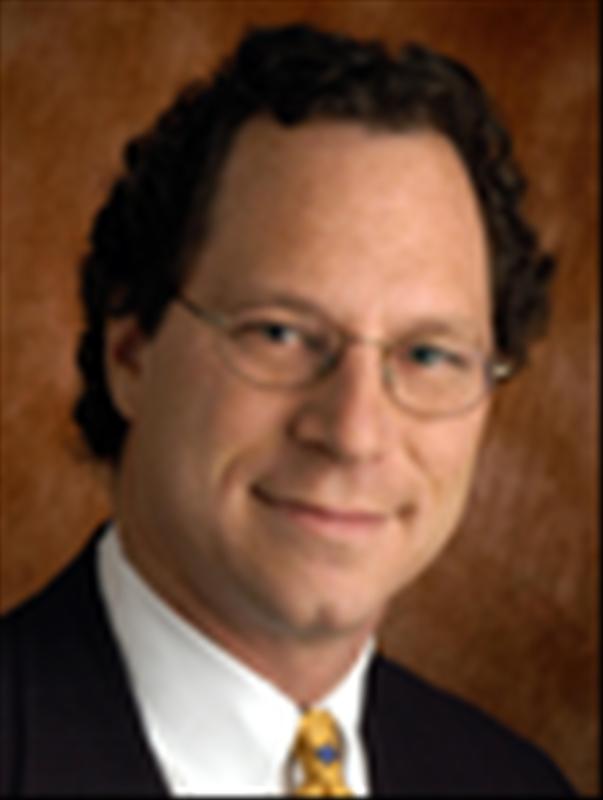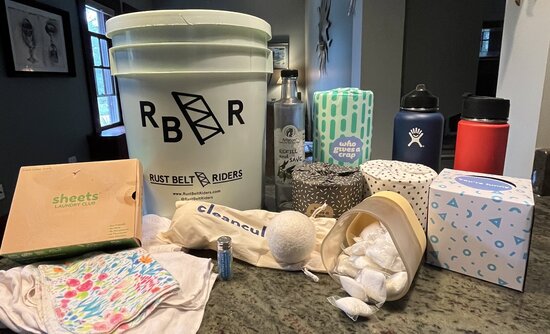Climate Change – The Environment – Sustainability. These are all very big issues for our world today and can often be overwhelming. I am not alone in asking myself what impact one individual can have on such monumental issues in a world of nearly 8 billion people. If we think only of the enormity of the situation, we will be stifled from action, and there are plenty of actions one can take to move the needle forward, even if it is a small step forward. We cannot forget the prophetic words in Pirkei Avot (2:21), “You are not obligated to complete the work, but neither are you free to desist from it.”
One action we can take is that of advocacy, for only through directed policy change at the highest levels of society will we be able to move the needle exponentially. However, there are many ways to be an advocate. Most often people think of lobbying political leaders as the directive of advocacy, but there are other ways to be an effective change agent and advocate for the environment. I will try to share with you some of the ways I have incorporated personal advocacy of the environment into my life.
The United States economy is based on capitalism. We the people are empowered to speak with our buying power. I truly believe that businesses will respond to the demands of consumers. For this reason, the purchase of products that have a positive impact on the environment will send a signal that more of these types of product options should be provided to consumers. I am now on my second hybrid vehicle with my first being purchased in 2011. I made the purchase knowing I was paying a bit more for the car, but recognizing the message I was sending to the car companies.
Recently I have incorporated a few other items into my buying repertoire. Dryer balls that last for 1,000 loads have replaced disposable dryer sheets. Laundry detergent sheets have replaced heavy water-based detergent sold in plastic bottles. Shampoo bars have replaced bottled shampoo and I now purchase condiments and other products in glass bottles instead of plastic whenever possible. Bamboo toilet paper, tissue paper, and paper towels have been welcomed into our house with no changes in the comforts to our skin.
While changing buying habits is one way to share an active voice in the fight against climate change, there are other lifestyle changes that are also worth consideration. For several years now, my family has done away with paper napkins. Cloth napkins, most often purchased at local garage sales, work just as well, and can easily be added to the next load of laundry. No need to purchase bottled water when reusable bottles exist. Installation of rain barrels helps alleviate the pressures of storm water runoff to our local sewers. Eating seasonal local foods purchased at our farmers market has resulted in a significant reduction of plastic waste and has helped support our local farming community. We freeze berries for use in the winter, so we don’t miss their delicious addition to our diet. While there has been a significant reduction in the number of plastic packaging products that can be recycled, it is still an important aspect of caring for the environment. Plastic bottles, glass, cardboard, paper, and metals, most of which can be recycled, can significantly reduce the trash placed in landfills. It is important to remember that there is no such thing as throwing something “away;” it is just being placed in a different location.
One important change that all of us can make in our lives is the reduction of food waste. This begins with being more deliberate about the food we intend to eat and cooking the food we buy. By reducing food waste, we can have a significant impact on climate change. Food rot produces methane gas that is 28 times more potent than the well know greenhouse gas CO2. This food waste accounts for 10 percent of global greenhouse gas emissions. In the United States, over 150,000 tons of food is wasted daily, approximately 1 pound per person per day. Of the food waste in the United States, approximately 40 percent comes from individual households. The next step in the food waste challenge is composting. By turning your food waste into compost, you can eliminate the adverse effects of methane gas production and, conversely, create rich soil for use in gardens. I am fortunate to have access to a commercial composting operation that uses the food waste to create nutrient rich soil for use at local farms and urban gardens.
I am often asked how I became so interested in the issues associated with the environment. In the early years of my business career, I worked in the field of inner-city redevelopment. I began to see urban sprawl as an issue that would create an unsustainable environment. At the same time, I began my return to Judaism as we began to raise our young children. I began to internalize even more so the concepts of Shomrei Adamah/Protecting the Earth and Tikkun Olam/Repair the World. I began to have a deeper understanding of the roots of environmentalism in these words and their teachings and started seeing myself as a steward of the earth.
It is not always easy to take on big issues that require systemic change. Sometimes we need to be aspirational in our efforts to make change, even while knowing that we may fall short. One of my favorite teachings of the Talmud is the story of Honi the Circle Maker, who asks a man planting a carob tree, “How long will it take for the tree to bear fruit?” The man replies, “Seventy years.” Honi asks if the man will be alive in 70 years. The man replied, “I myself found fully grown carob trees in the world as my forebears planted for me, so I am planting for my children.”
We must look to the future for what is best for our world, even if the task is difficult. Each of us must make our own choices regarding our contribution to the betterment of our world, to the environmental health of our world. The actions you take, the items you purchase, even the conversations you have with others will have an impact on future generations and the world of our children and our grandchildren. L’dor v’dor.

Photos provided by the author.
Get To Know The Author
WHP Alum Scott Garson (Cleveland 05) is a Project Advisor at the commercial real estate firm Allegro Real Estate Advisors and Brokers, a Tenant Representation firm located in Cleveland, Ohio, where he is also semi-retired and spends time as a civic activist.

